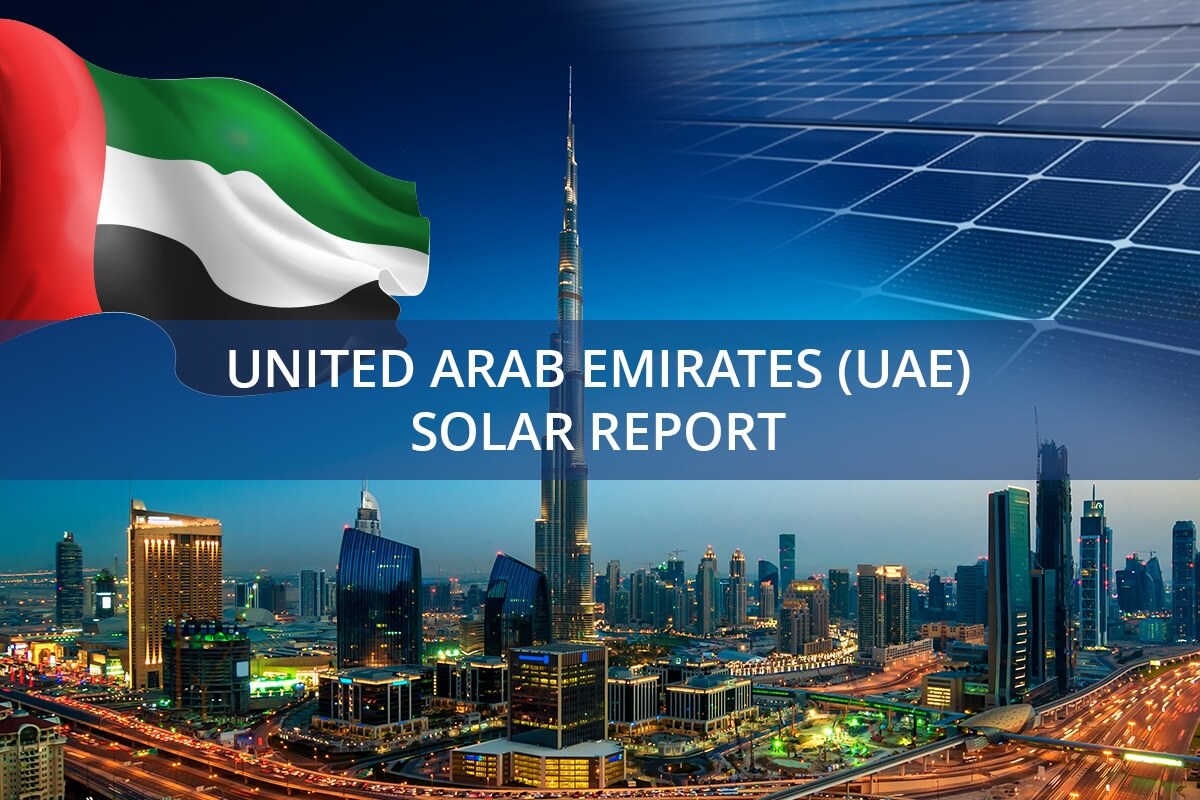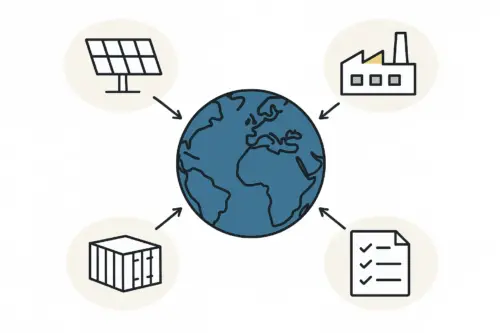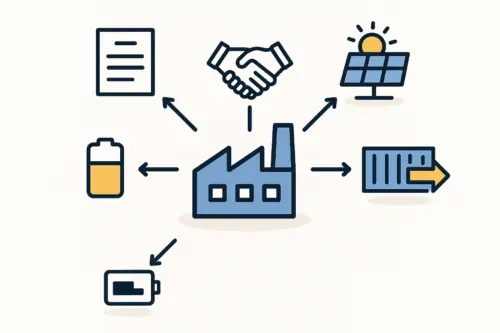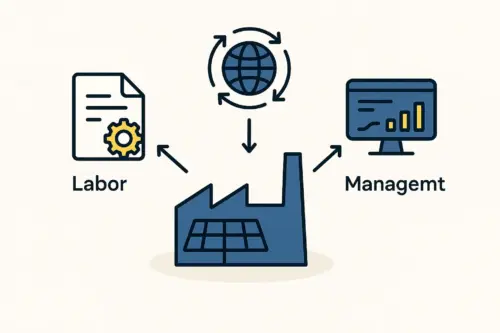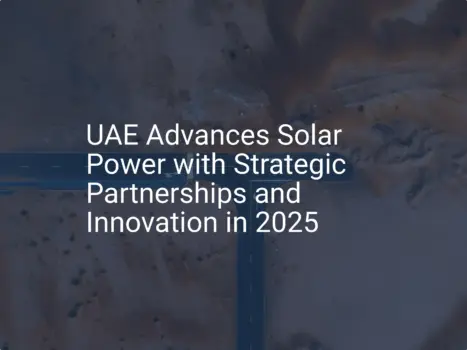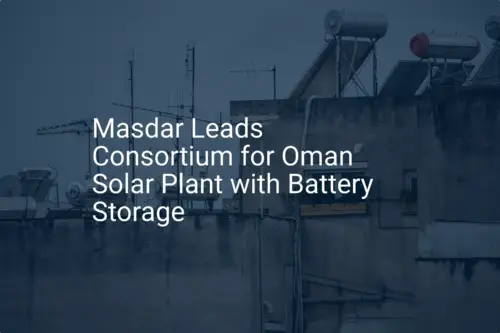An entrepreneur, inspired by the UAE’s ambitious Net Zero 2050 strategy and abundant sunshine, sees a significant business opportunity in local solar panel manufacturing. The initial vision is clear: a modern facility producing high-quality modules for a growing regional market. This vision, however, quickly runs into the practical reality of a sophisticated, multi-layered regulatory environment. Understanding this landscape is the first, and perhaps most critical, step toward success.
This guide outlines the key permits, licenses, and approvals required to establish and operate a solar module manufacturing facility in the United Arab Emirates. It is designed to clarify a process that can otherwise seem complex for business professionals exploring this venture.
The Core Decision: Mainland or Free Zone?
Before any application is filed, the most fundamental decision is where to establish the business. The UAE offers two primary jurisdictions for company formation, each with distinct legal structures, ownership rules, and operational advantages.
Mainland Establishment
Operating on the UAE mainland means being licensed by the Department of Economic Development (DED) in a specific emirate, such as Dubai or Abu Dhabi. The primary license required is an Industrial License.
Market Access: A key advantage of a mainland setup is unrestricted access to trade directly within the entire UAE market, including government tenders.
Ownership: While historically requiring a local partner, recent legal reforms now permit 100% foreign ownership for many industrial and manufacturing activities. However, engaging a local service agent may still be necessary for certain administrative processes.
Free Zone Establishment
The UAE is home to over 40 Free Zones, designated economic areas offering tax concessions and customs benefits. For industrial ventures, prominent zones include Jebel Ali Free Zone (JAFZA) in Dubai and Khalifa Industrial Zone Abu Dhabi (KIZAD).
Streamlined Setup: Free Zone authorities act as a single point of contact for most initial registration and licensing, simplifying the process.
Benefits: These zones typically offer 100% foreign ownership, 0% corporate and personal income taxes, and exemptions from import and export duties.
Operational Scope: Operations are generally restricted to within the Free Zone or for export. To sell into the mainland UAE market, a mainland distributor is often required, a step that may involve customs duties.
The choice between the mainland and a free zone is a strategic one, balancing market access against operational simplicity and financial incentives.
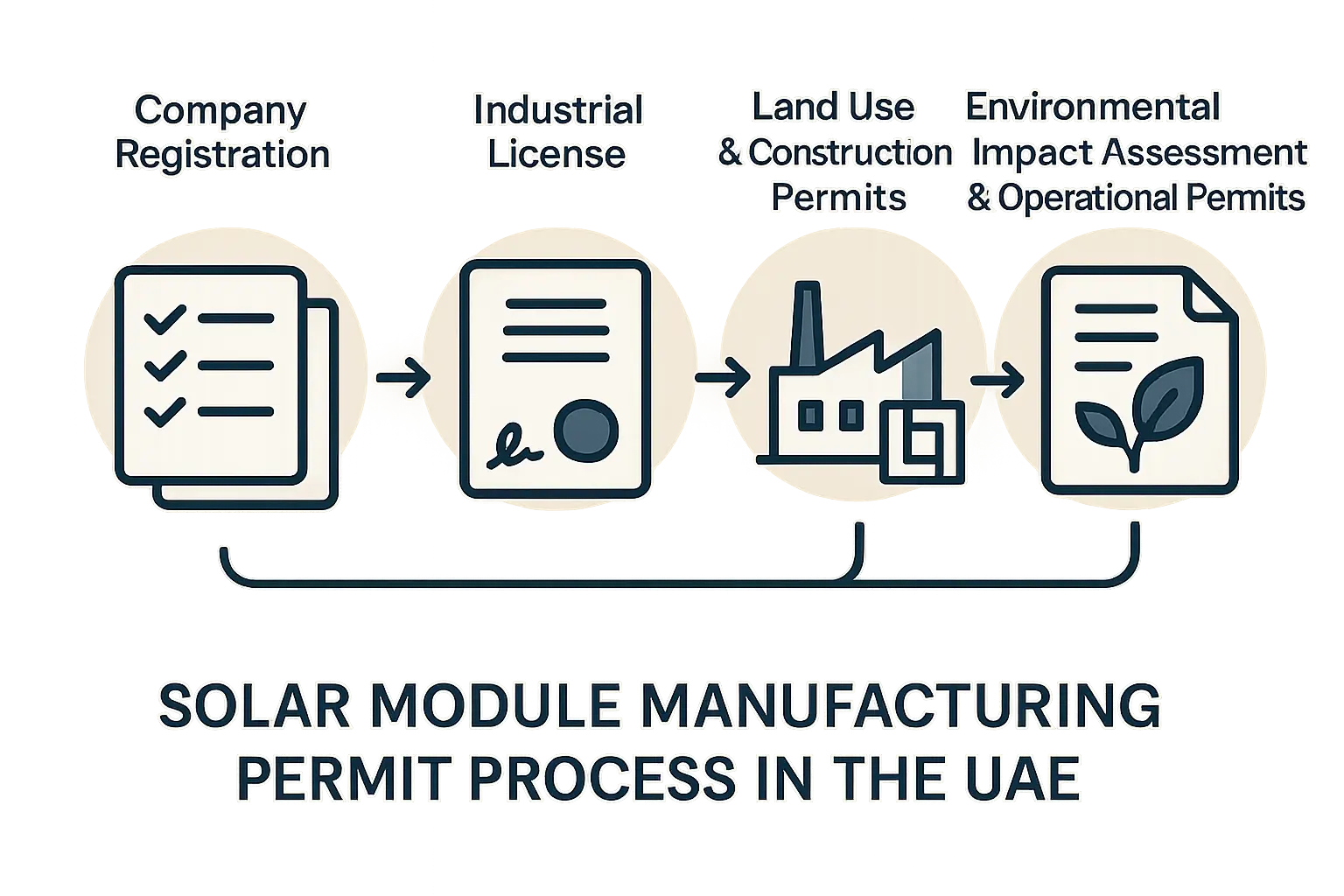
Key Governmental and Municipal Approvals
Whether you establish on the mainland or in a free zone, any manufacturing plant must secure a series of approvals from various governmental bodies. These are not mere formalities; they are essential for legal operation and for ensuring safety and environmental compliance.
1. The Industrial License
This foundational permit legally allows a company to engage in manufacturing. It is issued by the relevant DED for a mainland company or the respective Free Zone Authority. The application requires a detailed business plan, including the scope of production, machinery details, and factory layout.
2. Environmental Impact Assessment (EIA) and Permit
For any industrial project, environmental clearance is non-negotiable. This process is typically managed by the Ministry of Climate Change and Environment (MOCCAE) in coordination with the local environmental authority of the specific emirate.
An EIA is a comprehensive study that must demonstrate how the facility will manage its environmental footprint. Key considerations for a solar module factory include:
- Waste Management: Plans for handling production waste, such as broken glass, scrap EVA and backsheet material, and chemical containers.
- Emissions and Discharges: Control measures for any air or water discharges from the facility.
- Material Handling: Protocols for storing and handling raw materials safely.
A thorough EIA is a critical early-stage hurdle. Underestimating the detail required in this assessment is a common cause of significant delays. Thoroughly understanding the factory building requirements from the outset is crucial for a successful EIA submission.
3. Civil Defense Approval
The Directorate General of Civil Defense is responsible for fire safety and prevention. No industrial facility can operate without its approval. This involves a rigorous inspection of the factory plans and the completed building to ensure compliance with the UAE Fire and Life Safety Code of Practice.
Requirements include:
- Approved fire alarm and suppression systems (e.g., sprinklers).
- Clearly marked emergency exits and evacuation routes.
- Proper storage of flammable materials.
The factory layout must incorporate these codes from the earliest design stages. A turnkey solar factory solution typically integrates these safety compliance requirements into the initial facility design, preventing costly rework later.
4. Municipality Building Permit
This permit, issued by the local municipality (e.g., Dubai Municipality, Abu Dhabi City Municipality), is required for any new construction or significant modification to an existing structure. The municipality reviews architectural, structural, and MEP (Mechanical, Electrical, Plumbing) drawings to ensure they comply with local building codes and land-use regulations.
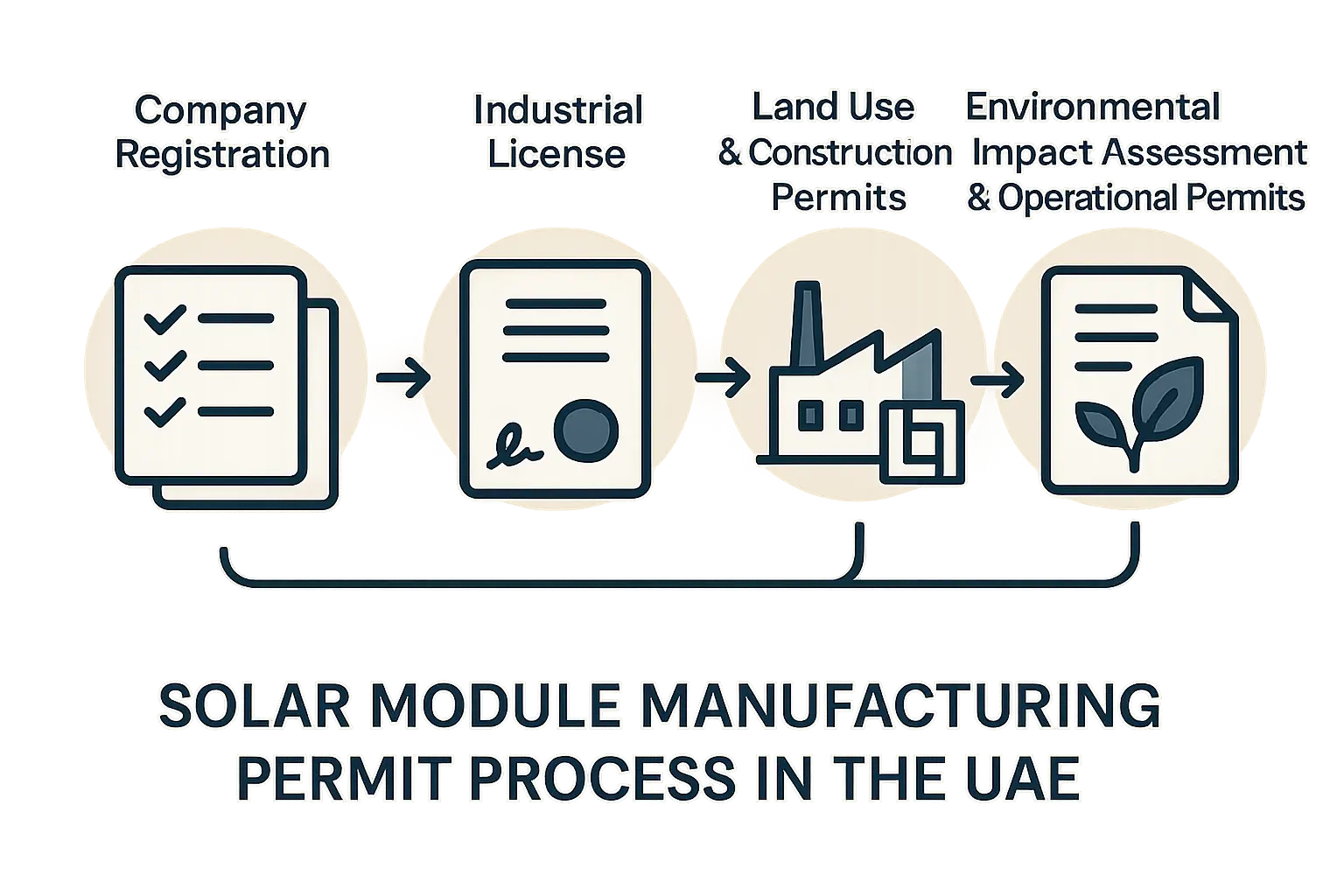
Utility and Infrastructure Connections
Securing the right to build and operate is only part of the process. A manufacturing facility must also gain approval to connect to essential utilities. This involves separate applications to the local utility provider, such as the Dubai Electricity and Water Authority (DEWA) or the Abu Dhabi Distribution Company (ADDC).
For a solar module factory, which relies on power-intensive machinery like laminators and stringers, the power load can be substantial. Early engagement with the utility provider is essential to ensure the required electrical capacity is available at the selected site.
Product Certification and Standards
Once the factory is operational, the products themselves must comply with national standards. In the UAE, this is overseen by the Ministry of Industry and Advanced Technology (MoIAT), which absorbed the Emirates Authority for Standardization and Metrology (ESMA).
Solar panels, as electrical products, must typically receive a Certificate of Conformity through the Emirates Conformity Assessment Scheme (ECAS) to demonstrate they meet safety and performance standards. This local requirement aligns with international best practices; IEC 61215 and IEC 61730 certifications are the global benchmark for quality and safety. Achieving these international standards often facilitates a smoother path to local certification.

A Practical Timeline and Common Challenges
A prudent investor should budget 6 to 12 months for the entire licensing and approval phase, from company registration to receiving the final permit to operate. This timeline can be influenced by the project’s complexity and the applicant’s preparedness.
Common challenges observed in past projects include:
- Incomplete Documentation: Submitting an EIA or building permit application without all required supporting documents.
- Lack of Coordination: Misalignment between the building contractor, machinery supplier, and regulatory consultant, leading to design elements that fail to meet Civil Defense or municipal codes.
- Jurisdictional Assumptions: Assuming a Free Zone license covers all permits is a common pitfall. Approvals from external bodies like Civil Defense and the environmental ministry are almost always required separately.
Frequently Asked Questions (FAQ)
Do I need a local Emirati partner to start a factory?
For most industrial activities on the mainland, 100% foreign ownership is now permitted. However, many businesses still find value in a local partner or service agent for their expertise in navigating administrative and governmental processes. In a Free Zone, 100% foreign ownership has always been the norm.
Is the permit process different in Abu Dhabi versus Dubai?
While the federal framework (e.g., environmental laws, civil defense codes) is consistent, the specific procedures, submission portals, and review timelines can differ between the municipalities and economic departments of each emirate.
Can I import all my manufacturing equipment?
Yes, equipment can be imported. A key advantage of setting up in a Free Zone is the exemption from customs duties on imported machinery and raw materials. For a mainland company, standard import duties may apply, though exemptions can sometimes be sought for industrial equipment.
How long are these permits valid for?
Most primary licenses, such as the Industrial License from DED or a Free Zone, require annual renewal. This renewal is contingent upon continued compliance with all relevant regulations, including safety and environmental standards.
Conclusion: Your Next Steps in Due Diligence
The United Arab Emirates presents a compelling case for investment in solar module manufacturing, supported by government vision and a strategic location. However, navigating the path from concept to production requires clearing a series of mandatory regulatory hurdles. Success depends not on avoiding this process, but on managing it with diligence and foresight.
A serious entrepreneur should begin by conducting thorough due diligence on the Mainland vs. Free Zone decision and creating a realistic project timeline that accounts for these approval processes. Understanding these requirements is a foundational element of a robust business plan. For those beginning this journey, leveraging structured resources can help organize this critical early-stage planning and turn regulatory hurdles into a clear, manageable roadmap.

